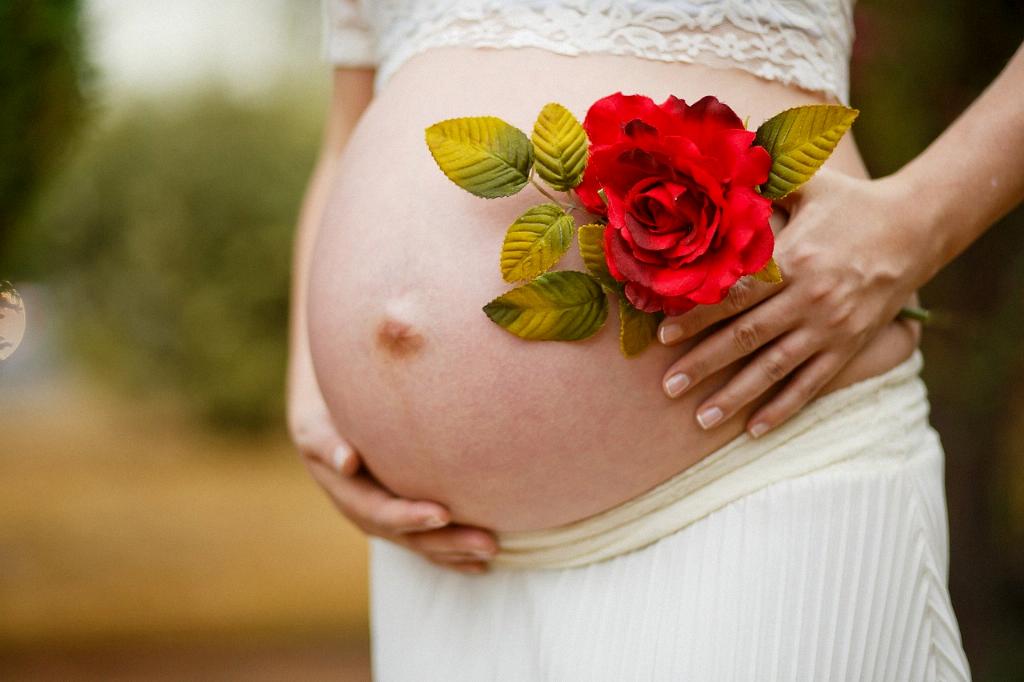When it comes to taking a pregnancy test, most people are aware that it requires a sample of urine to detect the presence of the hormone hCG, which is only produced by the body during pregnancy. However, there are a few unexpected scenarios where a pregnancy test can show a false positive result.
Recent Pregnancy
If you have recently been pregnant, your body may still have hCG lingering in your system even after the pregnancy has ended. This residual hCG can lead to a false positive result on a pregnancy test, as the test is detecting the hormone that was produced during your previous pregnancy.
Fertility Medications Containing hCG
Another factor that can cause a pregnancy test to show a false positive is the use of fertility medications that contain hCG. These medications are designed to stimulate ovulation and can result in an increased level of hCG in your body, leading to a positive test result.
Medical Conditions and Ovarian Cysts
It’s important to note that certain medical conditions, such as rare ovarian cysts, can also cause a false positive on a pregnancy test. These cysts can produce hCG, even in the absence of pregnancy, leading to misleading results on a pregnancy test.
Irregular Menstrual Cycles
In some cases, irregular menstrual cycles can play a role in false positive pregnancy test results. Hormonal imbalances and irregular ovulation patterns can mimic the hormonal changes that occur during pregnancy, leading to a positive test result even when pregnancy is not the cause.
Medications and Supplements
Certain medications and supplements can interfere with the accuracy of a pregnancy test, potentially causing a false positive result. It’s essential to consult with a healthcare provider about any medications you are taking that could impact the results of a pregnancy test.
Testing Too Early
Testing too early in the pregnancy can also result in a false positive result. It’s essential to wait until the recommended time frame after a missed period to take a pregnancy test to ensure the most accurate results.
Medical Procedures
Some medical procedures, such as fertility treatments or certain types of surgeries, can impact the levels of hCG in your body and potentially lead to a false positive on a pregnancy test. It’s crucial to be aware of how these procedures can affect the accuracy of the test results.
Diagnosing Ectopic Pregnancies
While rare, ectopic pregnancies, where the fertilized egg implants outside the uterus, can also cause a false positive on a pregnancy test. It’s essential to seek medical attention if you experience symptoms such as abdominal pain or unusual bleeding along with a positive pregnancy test.
Stress and Anxiety
Stress and anxiety can impact your hormone levels and potentially lead to a false positive on a pregnancy test. It’s essential to manage stress levels and take multiple tests or consult with a healthcare provider if you suspect that stress could be affecting the results.
Physical Exercise and Diet
Intense physical exercise or significant changes in diet can also affect hormone levels and potentially cause a false positive on a pregnancy test. It’s essential to maintain a balanced lifestyle and consult with a healthcare provider if you have concerns about how these factors may impact the results of a pregnancy test.
Conclusion
While urine is the primary sample used for pregnancy tests, various factors beyond urine can influence the accuracy of the results. Understanding these unexpected factors can help individuals interpret their test results more effectively and seek appropriate medical guidance when needed.

